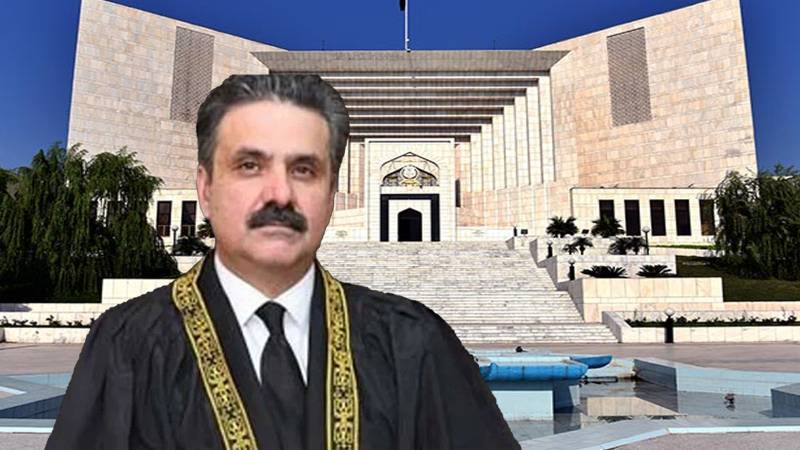New Regulations for Supreme Court Operations Introduced in 2025
The Supreme Court has introduced a set of updated regulations for the year 2025, designed to enhance clarity and adaptability in judicial processes. These changes were approved on May 29 under the leadership of Chief Justice Yahya Afridi, marking a significant step toward modernizing court procedures.
The new rules are now in effect under the Supreme Court (Practice and Procedure) Act, 2023. The committee responsible for overseeing these updates includes Chief Justice Afridi, Justice Mansoor Ali Shah, and Justice Aminuddin. This composition ensures that high-level expertise and oversight guide the implementation of the new framework.
One of the key features of the revised regulations is the flexibility in holding committee meetings. These can be conducted either in person or virtually, depending on the discretion of the Chief Justice. To ensure valid proceedings, at least two members must be present during any meeting. This requirement balances efficiency with accountability, allowing the committee to function effectively while maintaining transparency.
Under the new guidelines, benches will be formed on a regular basis—either monthly or bi-weekly. Once established, these benches cannot be altered unless explicitly permitted. This provision aims to maintain stability in judicial assignments and prevent unnecessary disruptions. Additionally, changes in committee membership will not affect previously constituted benches, ensuring continuity in court operations.
In situations where the Chief Justice is unavailable—for example, if they are abroad—a special committee may be formed to address urgent matters. This emergency mechanism allows for adjustments in bench compositions when necessary, such as in cases of illness or recusal by judges. However, all decisions made by this special committee must be thoroughly documented and reviewed at a later stage to ensure compliance with procedural standards.
The Registrar plays a crucial role in maintaining a complete record of all committee meetings, decisions, and changes. This documentation serves as a vital reference for future audits and ensures that all actions taken by the committee are transparent and traceable. Furthermore, the committee retains the authority to amend the rules as needed, providing a dynamic framework that can evolve with changing circumstances.
The current regulations will take precedence over all previous ones as long as they remain active. This ensures that the latest guidelines are consistently applied, reducing ambiguity in court procedures and promoting a more efficient judicial system.
Overall, the introduction of these new regulations represents a proactive effort to streamline operations within the Supreme Court. By emphasizing clarity, flexibility, and accountability, the reforms aim to support the judiciary in delivering timely and effective justice.







